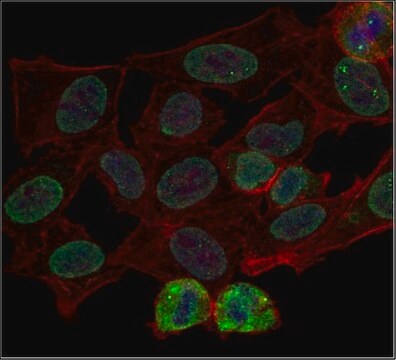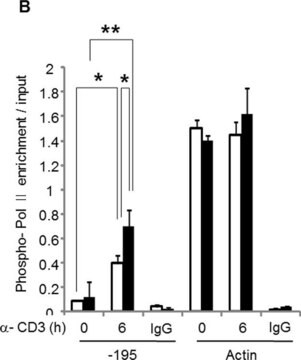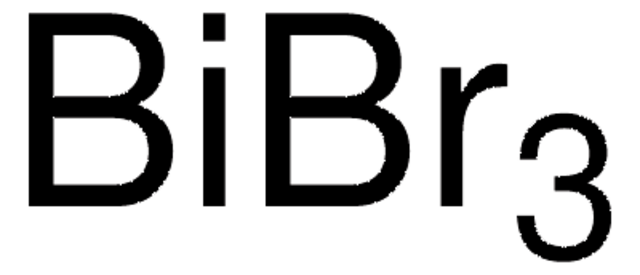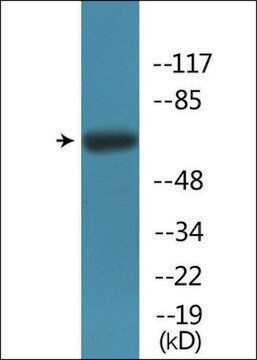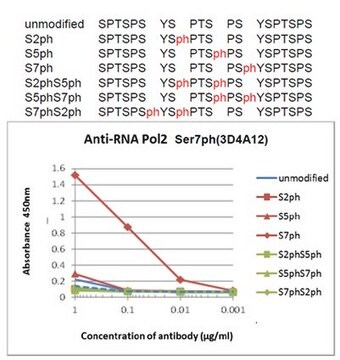07-441-AF488
Anti-dimethyl-Histone H3 (Lys9) Antibody, Alexa Fluor™ 488 Conjugate
from rabbit, ALEXA FLUOR™ 488
Sinónimos:
Histone H3.1t, H3/t, H3t, H3/g, dimethyl-Histone H3 (Lys9), AlexaFluor™ 488 Conjugate
About This Item
Productos recomendados
origen biológico
rabbit
Nivel de calidad
conjugado
ALEXA FLUOR™ 488
forma del anticuerpo
purified antibody
tipo de anticuerpo
primary antibodies
clon
polyclonal
reactividad de especies
mouse, human
reactividad de especies (predicha por homología)
rat (based on 100% sequence homology), yeast (based on 100% sequence homology), chicken (based on 100% sequence homology)
técnicas
immunocytochemistry: suitable
Nº de acceso NCBI
Nº de acceso UniProt
Condiciones de envío
wet ice
modificación del objetivo postraduccional
dimethylation (Lys9)
Información sobre el gen
human ... H3C1(8350)
mouse ... H3C1(360198)
rat ... H3C1(679994)
Descripción general
Especificidad
Inmunógeno
Aplicación
The unconjugated antibody (Cat. No. 07-441) is shown to be suitable also for Western blotting, dot blot, immunocytochemistry, and peptide inhibition assay (peptide blocking) applications.
Epigenetics & Nuclear Function
Nuclear Receptors
Calidad
Immunocytochemistry Analysis: A 1:100 dilution of this antibody detected dimethyl-Histone H3 (Lys9) in HeLa cells.
Descripción de destino
Forma física
Almacenamiento y estabilidad
Otras notas
Información legal
Cláusula de descargo de responsabilidad
¿No encuentra el producto adecuado?
Pruebe nuestro Herramienta de selección de productos.
Código de clase de almacenamiento
12 - Non Combustible Liquids
Clase de riesgo para el agua (WGK)
WGK 2
Punto de inflamabilidad (°F)
Not applicable
Punto de inflamabilidad (°C)
Not applicable
Certificados de análisis (COA)
Busque Certificados de análisis (COA) introduciendo el número de lote del producto. Los números de lote se encuentran en la etiqueta del producto después de las palabras «Lot» o «Batch»
¿Ya tiene este producto?
Encuentre la documentación para los productos que ha comprado recientemente en la Biblioteca de documentos.
Nuestro equipo de científicos tiene experiencia en todas las áreas de investigación: Ciencias de la vida, Ciencia de los materiales, Síntesis química, Cromatografía, Analítica y muchas otras.
Póngase en contacto con el Servicio técnico